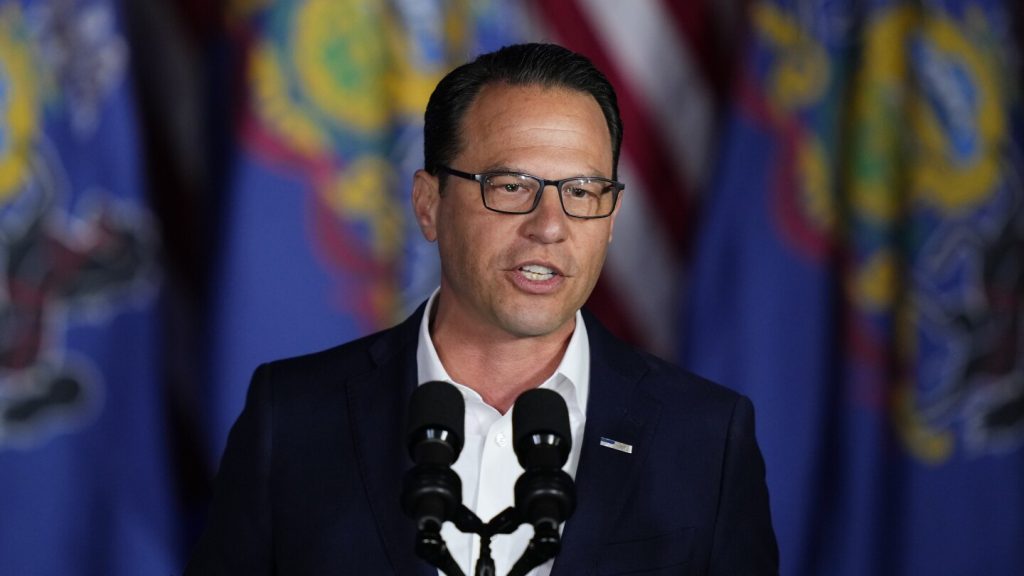Gov. Josh Shapiro and Human Services Secretary Val Arkoosh have outlined a plan to end the waiting list of thousands of families in Pennsylvania who are in desperate need of services for intellectually disabled adult relatives. The plan hinges on a funding increase for state-subsidized services, particularly in private homes or group homes, which would help boost the salaries of employees working with the intellectually disabled. The goal is to eliminate the waiting list over the next several years with this proposed budget increase.
Pennsylvania has long maintained a growing waiting list for people seeking services for those with developmental or intellectual disabilities, as do many other states across the country. A survey by KFF found that roughly 500,000 people are waiting for such services in 38 states, with most individuals living in states that do not screen for eligibility before adding them to the list. The federal law does not mandate states to provide home and community-based services, leading to variations in coverage across states.
In Pennsylvania, the state uses a combination of its own funds and federal matching dollars to cover home and community-based services for intellectually disabled adults. However, the demand has not been met, leaving roughly 4,500 families on an emergency waiting list for assistance. Advocates stress the urgency of addressing this issue, as parents are growing older while waiting for help to care for their adult children. The difficulty in finding and hiring care workers has been exacerbated by the impacts of the COVID-19 pandemic.
Gov. Shapiro’s budget proposal includes an additional $216 million in state aid to boost worker salaries and address staffing shortages within agencies serving intellectually disabled adults. This funding increase, along with federal matching dollars, amounts to about $480 million. The proposal is part of a larger $48.3 billion budget for the 2024-25 fiscal year, with the aim of eventually expanding service capacity and eliminating the emergency waiting list. Agencies like BARC Developmental Services are facing high worker vacancy rates, affecting the care provided to individuals in need of support.
While advocates acknowledge that this funding proposal falls short of the total amount needed to address all challenges in the system, they see it as a significant step forward. The multiyear commitment to eliminating the waiting list is seen as an unprecedented injection of resources into a struggling system. Advocates emphasize the importance of providing services to those in need, highlighting the impact of increased funding in addressing staffing shortages and improving care for intellectually disabled adults. Gov. Shapiro’s administration envisions several years of increased funding to achieve these goals and bring relief to families in need.


